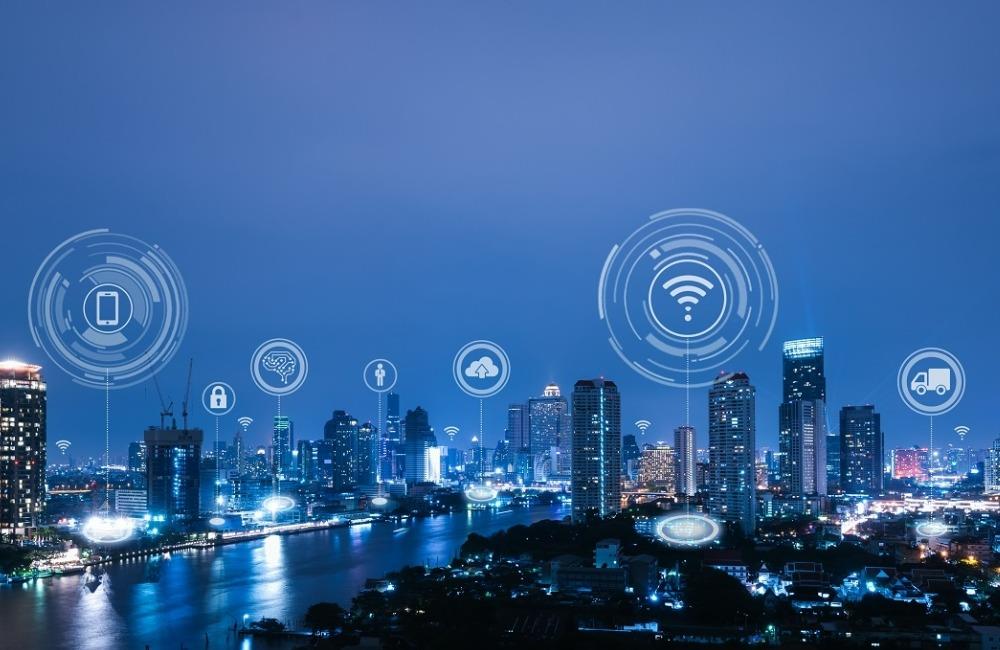The Opportunity of Shaping up the Future Ready Urbanism

Advanced technology is profoundly shaping our urban societies by
revolutionizing the way we live, work, and interact within cities. Smart cities
harness the power of data, connectivity, and automation to optimize various
aspects of urban life, from transportation and energy management to
healthcare and public services.
However, technology also brings challenges, including
the need for equitable access, data privacy, and cybersecurity. As we embrace
these cutting-edge innovations, it is imperative to ensure that they benefit all
members of society, fostering inclusive, resilient, and sustainable urban
environments for the future.
In collaboration with our community partner SMEStreet, we have highlighted nine key parameters for Future Ready Urbanism.
IoT (Internet of Things)
IoT devices and sensors are deployed
throughout urban areas to collect real-time data on various aspects,
such as traffic patterns, air quality, noise levels, and energy usage. This
data helps city planners make informed decisions, optimize resource
allocation, and improve urban services.
Mobility Solutions
Technologies like autonomous vehicles, electric mobility, and ride-sharing platforms are revolutionizing transportation
in urban areas. These innovations promise to reduce traffic congestion,
lower emissions, and provide more accessible and convenient
transportation options.
Urban Planning and Design
Advanced modeling and simulation
technologies assist urban planners and architects in creating more
sustainable and efficient urban spaces. Virtual reality (VR) and
augmented reality (AR) tools allow stakeholders to visualize and
participate in the design process.
Sustainability
Cutting-edge technologies enable cities to reduce their
environmental footprint. This includes the integration of renewable
energy sources, smart grid systems, waste-to-energy solutions, and
green building practices. Sustainable urbanism is critical for mitigating
climate change and ensuring a healthy urban environment.
Resilience
Cities are increasingly facing the challenges of climate
change, natural disasters, and pandemics. Technologies such as
predictive analytics, early warning systems, and resilient infrastructure
design help cities prepare for and respond to these challenges effectively.
Healthcare and Public Services
Telehealth, telemedicine, and digital
health platforms improve access to healthcare services in urban areas.
Additionally, technology can enhance the efficiency of public services
such as emergency response, education, and public administration.
Social Equity
While technology can bring numerous benefits, it also has
the potential to exacerbate social inequalities. City planners and
policymakers must address issues related to digital access, data privacy,
and the digital divide to ensure that the benefits of technology are
distributed equitably across urban populations.
Data Analytics
Big data analytics and artificial intelligence help cities
analyze vast amounts of data to gain insights into urban dynamics,
identify trends, and make data-driven decisions. This is invaluable for
optimizing resource allocation and improving urban services.
Cybersecurity
As cities become more connected, the need for robust
cybersecurity measures becomes paramount. Protecting critical
infrastructure and sensitive data from cyber threats is crucial for the
smooth functioning of urban areas.
Source: Community News